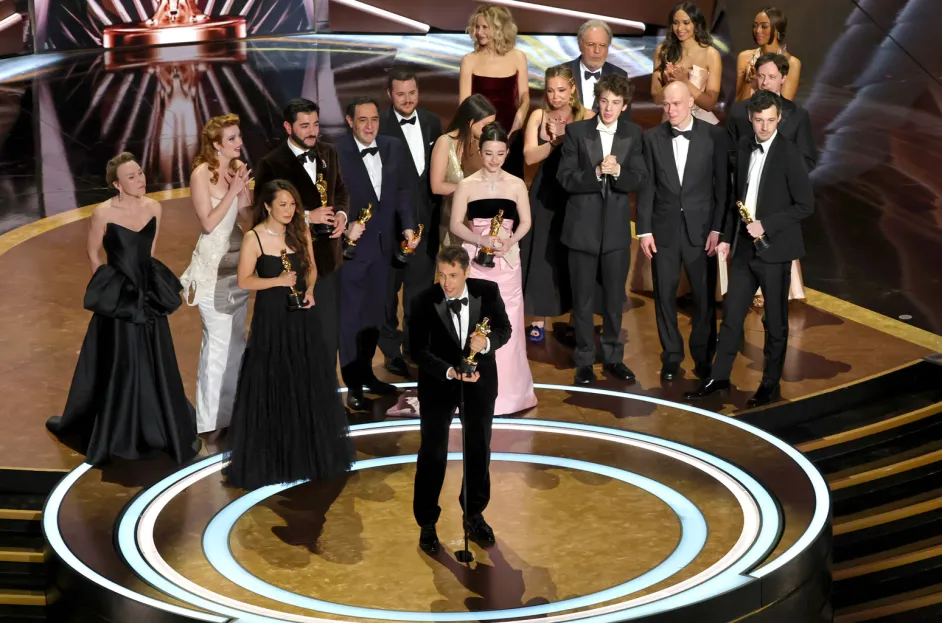Social media driven book content has influenced the publishing industry; there’s the addition of book- stagram/tube/tok and the plethora of celebrity book clubs. These avenues have ruined the diversity as well as range of recommended and consumed literature.
Social media influenced a return to reading culture; however, it seems the same books get recommended over and over again.
Many creators also tend to base their recommendations on the book’s trope or aesthetic. Many struggle to discuss the author’s writing style or the deeper meaning behind a story. This is a key characteristic of anti-intellectualism qualities within social media.
The concept of reading as an aesthetic also tends to take over reading as a hobby. An example of this is the “thought daughter” aesthetic where mainly women and girls partake in deep thoughts. The popular reading list of this aesthetic included Sylvia Plath’s The Bell Jar and The Stranger by Albert Camus just to name a few. These books are nowhere near bad; the problem here is books with deeper and darker topics should not be romanticized. Mental health struggles should not be romanticized. This “thought daughter” trend sends a toxic message, specifically to young women, relating to mental health.
Previously alluded to, younger generations are the main demographic of book-related content. These adolescents are encouraged to partake in the quantity of reading rather than quality. This implicitly encourages a surface level approach to reading as opposed to consuming literature for a deeper understanding.
When quantity over quality reading is encouraged through social media, this hurts adolescents’ ability to retain information for school reading. This could also relate to why many younger individuals have a difficulty reciting or summarizing various media they have consumed.
A popular creator whose content is the opposite of basic book content is Jack Edwards. Literature from people of color tends to get ignored on “BookTok.” However, Edwards promotes all types of literature. He even has a series where he sets out to find and read a book from every country.
Whenever reviewing a book, Edwards provides great insight on his opinions relating to the author’s quality of writing and the messages behind the novel. Edward’s book videos stray away from the surface level reviews of many other creators.
Book influencers are not necessarily a negative aspect of social media. After all, avenues such as “BookTok” and social media book clubs have encouraged an increase in leisurely reading. They have also made a typically solo hobby into a space for social interactions and connections.
Overall, the “bookish” side of social media has significantly evolved in terms of the type of reading it promotes. Social media is a place for diverse content; that cannot be fulfilled when the same book gets recommended over and over again.








![McNamee, WM. (2014) "White House Press Briefing" [Photo]. Getty Images](https://lthsvanguard.com/wp-content/uploads/2025/03/170110-white-house-podium-getty-1160-1200x651.jpg)

